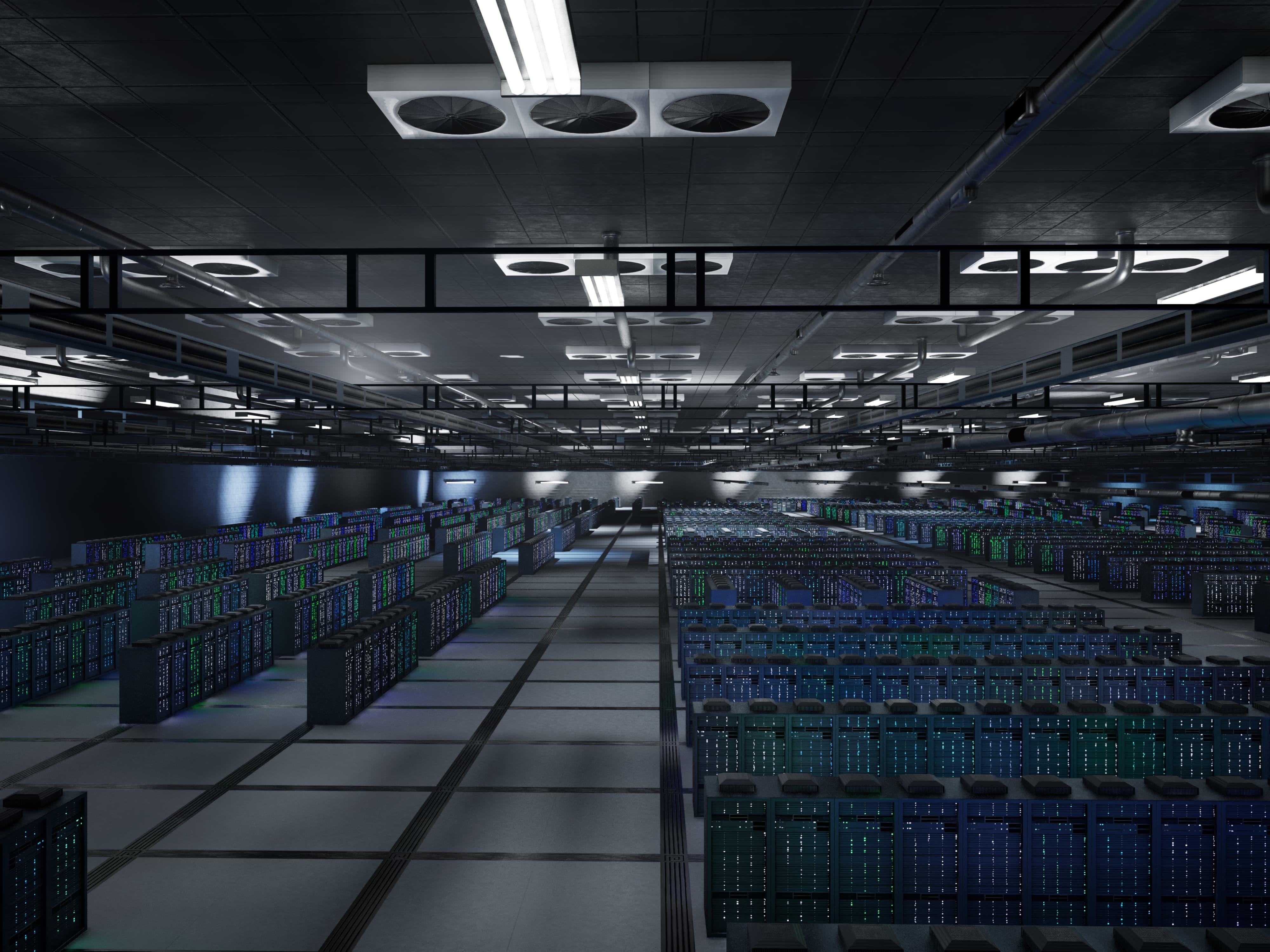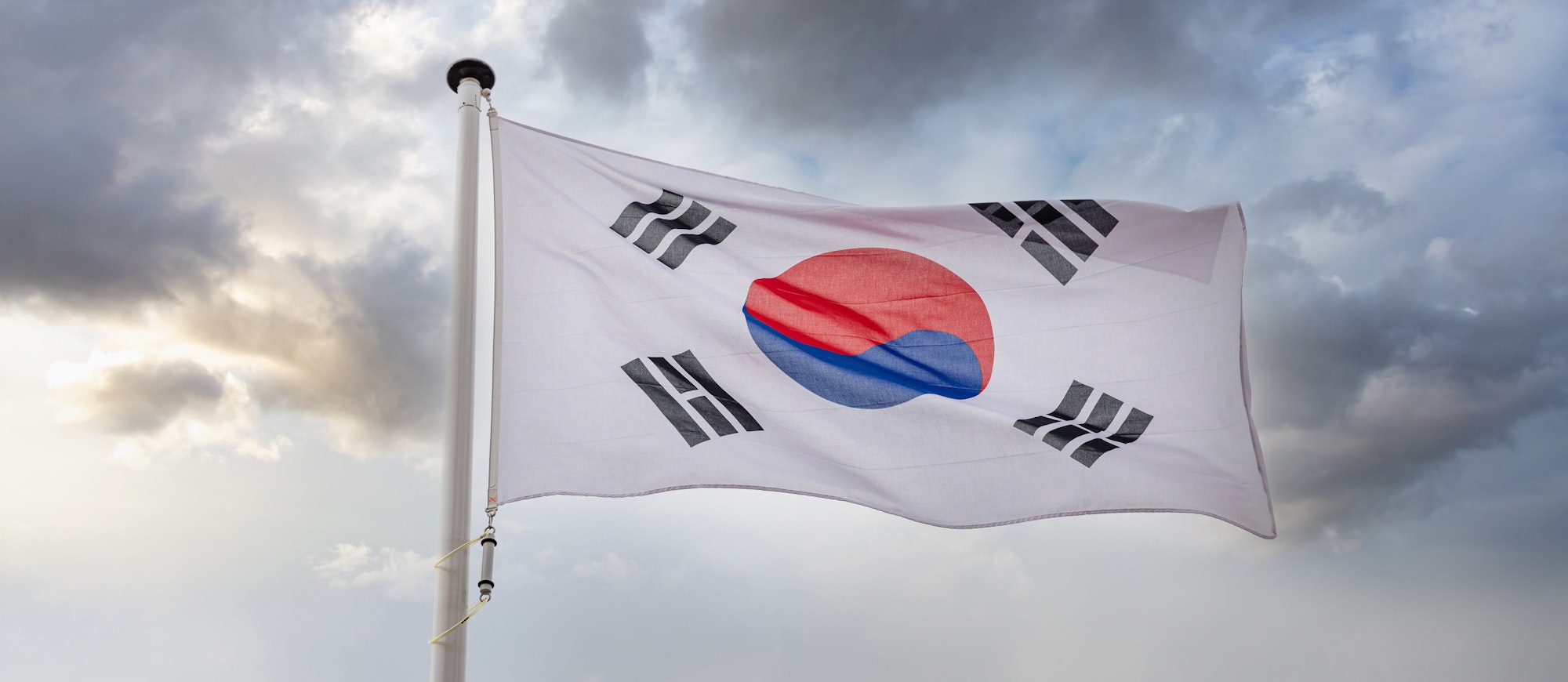Anthropic has launched Claude Opus 4.5, now available on apps, API, and major cloud platforms. Priced at $ 5 per million tokens and $25 per million tokens, the update makes Opus-level AI capabilities accessible to a broader range of users, teams, and enterprises.
Alongside the model, updates to Claude Developer Platform and Claude Code introduce new tools for longer-running agents and enhanced integration with Excel, Chrome, and desktop apps.
Early tests indicate that Opus 4.5 can handle complex reasoning and problem-solving with minimal guidance. It outperforms previous versions on coding, vision, reasoning, and mathematics benchmarks, and even surpasses top human candidates in technical take-home exams.
The model demonstrates creative approaches to multi-step problems while remaining aligned with safety and policy constraints.
Significant improvements have been made to robustness and security. Claude Opus 4.5 resists prompt injection and handles complex tasks with less intervention through effort controls, context compaction, and multi-agent coordination.
Users can manage token usage more efficiently while achieving superior performance.
Claude Code now offers Plan Mode and desktop functionality for multiple simultaneous sessions, and consumer apps support uninterrupted long conversations. Beta access for Excel and Chrome lets enterprise and team users fully utilise Opus 4.5’s workflow improvements.
Would you like to learn more about AI, tech and digital diplomacy? If so, ask our Diplo chatbot!









